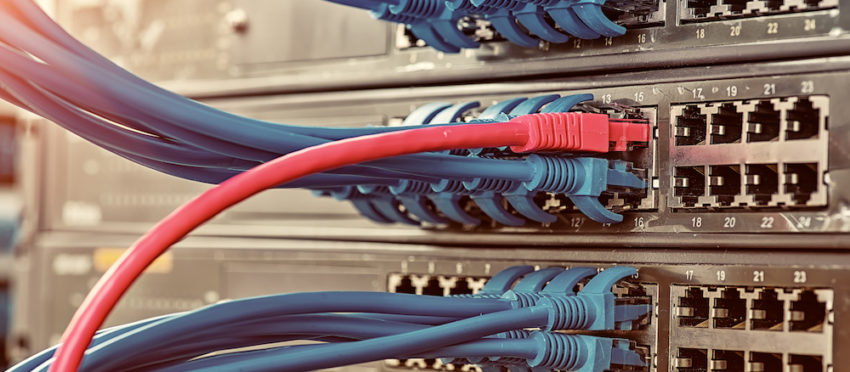A television commercial recently caught my eye. The commercial was showcasing a typical stainless steel refrigerator. Now, there are two things I know already. One, kitchen appliances that make it to primetime are well outside my price range; and two, that the refrigerator has something special about it. I was right on both accounts. This refrigerator, armed with internal cameras, provides the users with real-time information about the contents it’s keeping cool. This technology answers the age-old grocery-shopping question, “Do we have milk?”
Hoping that the convenience will sell, manufacturers have maintained a steady flow of seemingly basic devices that, all of a sudden, need an Internet connection. I’m not sure if I’m buying the convenience just yet, but what I really want to know is: With whom are these devices communicating and what are they saying?
Realistically, the idea that homes will start monitoring network traffic might be a bit much. In my example, the refrigerator is probably communicating specs to the manufacturer (but please don’t quote me on that). Monitoring networks is much more commonplace in the corporate arena and there are plenty of reasons for it, as follows:
- Early Threat Detection: Exploiting IT for weakness does not usually happen the first time around. Monitoring will give you specific event logs to quickly identify events that are suspicious.
- Internal Security Policies: There’s a reason companies have Internet ‘Acceptable Use,’ ‘Change Request,’ and ‘Remote Users’ policies. Monitoring your network means monitoring these types of policies and being alerted when they are violated.
- Compliance: Whether for the company itself or because of guidelines set forth by the federal government, some industries may have no choice but to monitor, and there’s a good chance those logs have to be archived.
- Track Trends: The best way to know where you are going is to understand where you have been. IT is a moving target, and decision-making becomes a whole lot easier when you have timelines from the past.
When it comes to monitoring your network, firewalls are routinely examined first because they serve as the gatekeepers of your network. Computer network communication can get pretty complex; but if we take a look at the big picture, it operates very similarly to the postal service. So when the firewall receives outgoing traffic from my very expensive Internet-connected refrigerator, there will be both a source and destination address. And, if I was monitoring this firewall, I would be able to generate a month’s worth of the refrigerator’s network traffic for easy review.
Monitoring your network doesn’t just involve monitoring network traffic. When considering devices to monitor, we recommend you cover all your edge devices (i.e., devices that are directly connected to the Internet), along with any essential server or appliance. All these devices generate logs, which can be sent to a central location where monitoring takes place. Our COMPASS team has years of experience working with technology, and we understand the importance of keeping IT infrastructure running and protected.
If you have questions about monitoring your network or want to discuss your specific situation, contact us.
